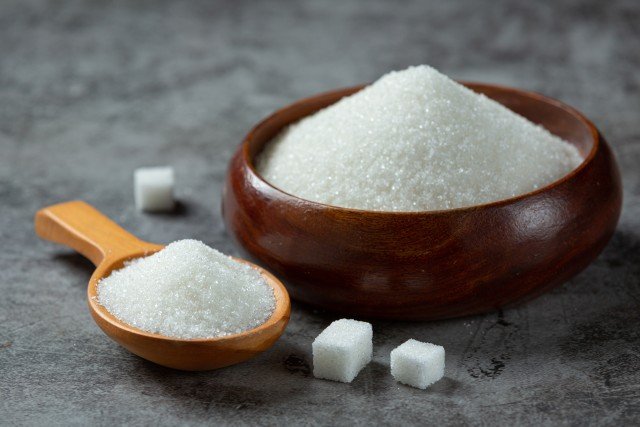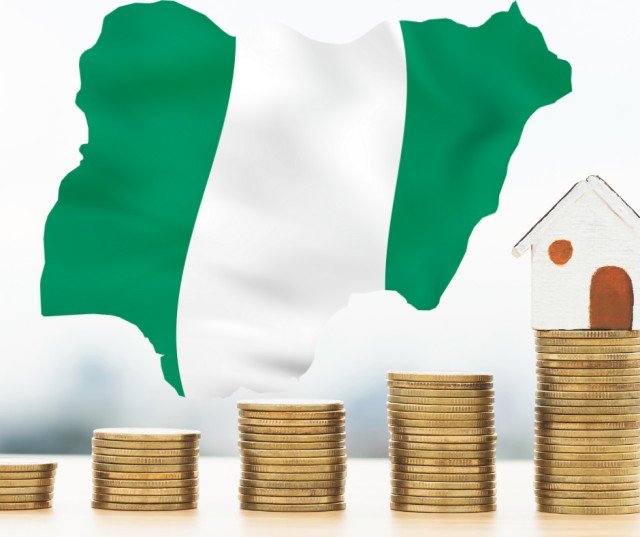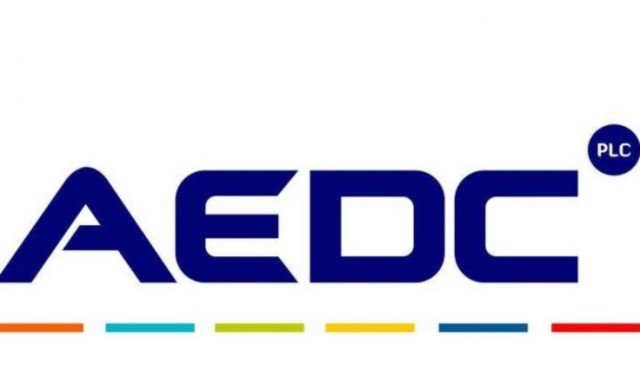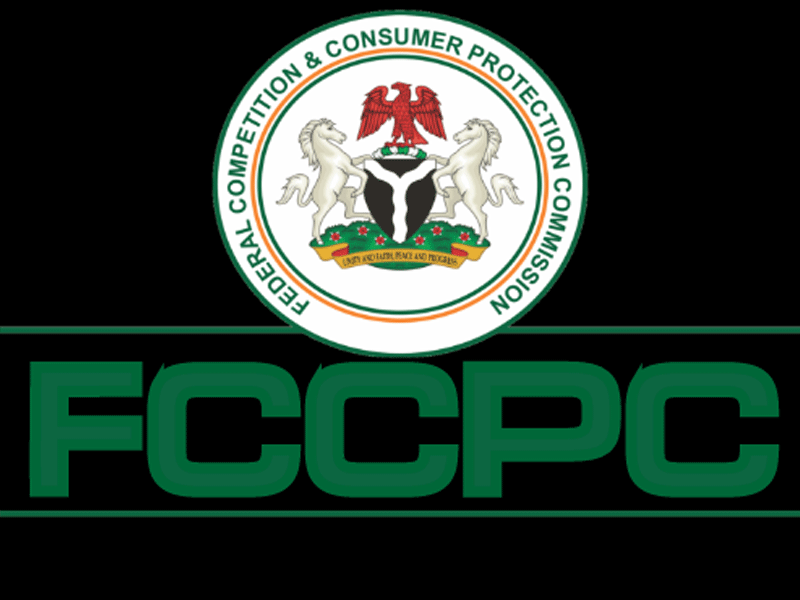Under the National Sugar Master Plan’s (NSMP) pioneer status, the Federal Government, through the Ministry of Industry, Trade, and Investment, is actively involving key corporations to slow down the rising prices of sugar and increase local production capacity.
The goal of this action is to keep prices stable, particularly in light of the approaching Ramadan.
According to a recent poll, the price of a 50 kg bag of sugar varies depending on where it is bought, from N60,000 to N62,000.
Let’s explore in detail the complex manners in which the Federal Government of Nigeria has been working with large sugar corporations to address the urgent problem of rising sugar prices.
Maintaining Stability in Sugar Prices
Interaction with Sugarcane Growers
Minister of Industry, Trade, and Investment Dr. Doris Nkiruka Uzoka-Anite recently disclosed the cooperative efforts between the government and important industry players during a tour of well-known sugar firms.
Golden Sugar Company
Flour Mills Limited
Bestaf Ltd
BUA Sugar Refinery Ltd and Dangote Sugar Refinery Plc are among the businesses that were visited during the ground-breaking tour.
This cooperative strategy shows the dedication to maintaining price stability and growing the local sugar sector.
Efforts to Increase Local Sugar Production
The minister also revealed intentions to supply state-of-the-art machinery and equipment through cooperation with the Federal Ministry of Science, Technology, and Innovation.
The objectives of this project are to lower imports, guarantee compliance with international standards, and encourage the expansion of the sugar industry.
Resolving Issues and Maintaining Quality
Dr. Uzoka-Anite recognized the sugar industry’s achievements in satisfying Nigeria’s need for sugar consumption.
Nevertheless, she made it clear that poor performance inside the NSMP would not be tolerated during her visit to Golden Sugar Company.
This highlights how dedicated the government is to maintaining quality and productivity in the sugar industry.
Commonly Asked Questions
1. Under the NSMP, why is the federal government interacting with sugar companies?
– The administration wants to increase domestic production capacity while reducing the rate of increase in sugar prices.
2. How much does a 50-kilogram bag of sugar cost in Nigeria right now?
– Recent market studies indicate that the price is between N60,000 to N62,000.
3. Which sugar companies are taking part in these joint ventures?
– The major participants are Golden Sugar Company, Flour Mills Limited, Bestaf Ltd, BUA Sugar Refinery Ltd, and Dangote Sugar Refinery Plc.
4. What is the goal of the partnership with the Federal Innovation, Science, and Technology Ministry?
– The partnership seeks to supply cutting-edge equipment, lessen importation, and encourage adherence to international standards.
5. How can the administration guarantee price stability in the run-up to Ramadan?
– Under the NSMP, cooperative efforts with sugar firms are intended to guarantee stable sugar prices, particularly during Ramadan.
6. What policies are in place to support the food security and agriculture sectors?
– To support the agriculture industry and maintain stable pricing, the government is forming an alliance with sugar producers, which will improve food security on the whole.
7. How does the government feel about the NSMP performing below expectations?
– The Minister of Industry, Trade and Investment highlighted that poor performance in the NSMP would not be acceptable, stressing a dedication to greatness.
8. How will the sugar industry be affected by the partnership with the Federal Ministry of Science, Technology, and Innovation?
The partnership seeks to supply modern technology and machinery, thereby minimizing the demand for imports and advancing global standards in the sugar industry.
9. How does the sugar business contribute to Nigeria’s ability to meet its demand for sugar consumption?
– The sugar sector is playing a vital role in addressing the nation’s need for sugar consumption by actively contributing to it.
10. What is the government’s take on the cooperative efforts in the sugar business between the public and private sectors?
– The government views the partnership as a cooperative effort between the public and commercial sectors, working together to achieve shared objectives and advance national development.
In Summary
In conclusion, an important step in guaranteeing price stability, especially during the Ramadan season, is the Federal Government’s strong interaction with significant sugar firms under the NSMP.
The collaborative initiatives with important industry players and the endeavors to boost local output reveal a dedication to developing an efficient and profitable sugar sector for the advantage of the Nigerian populace.
Nigeria’s sugar industry is expected to prosper and grow as long as the government addresses issues and prioritizes quality. This cooperative strategy is a good example.






